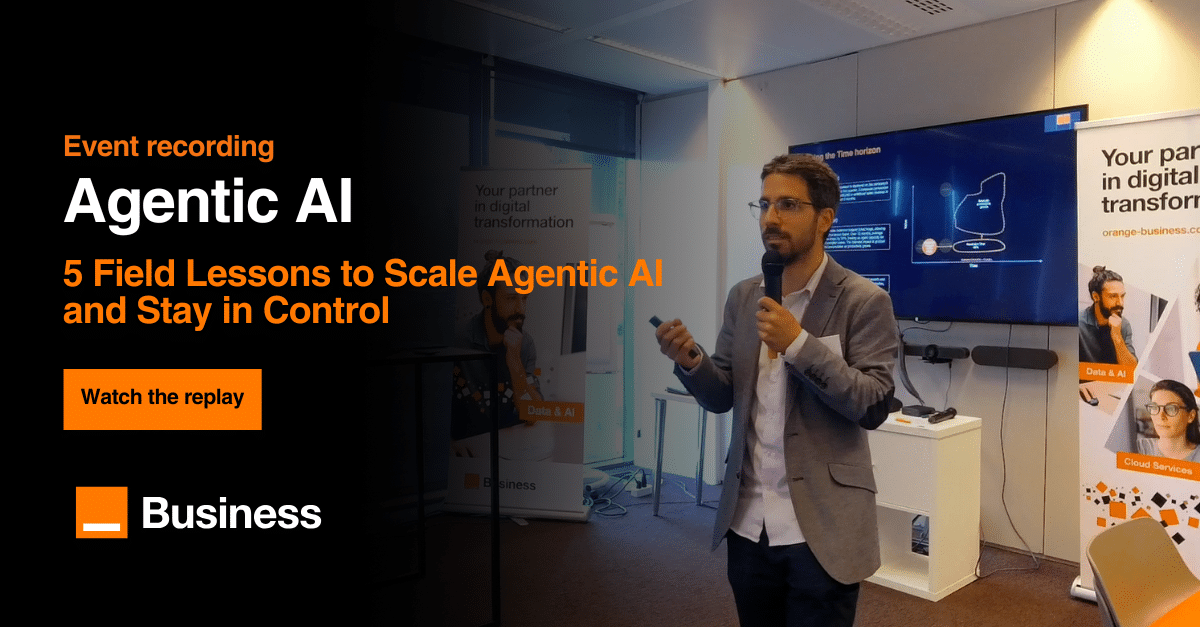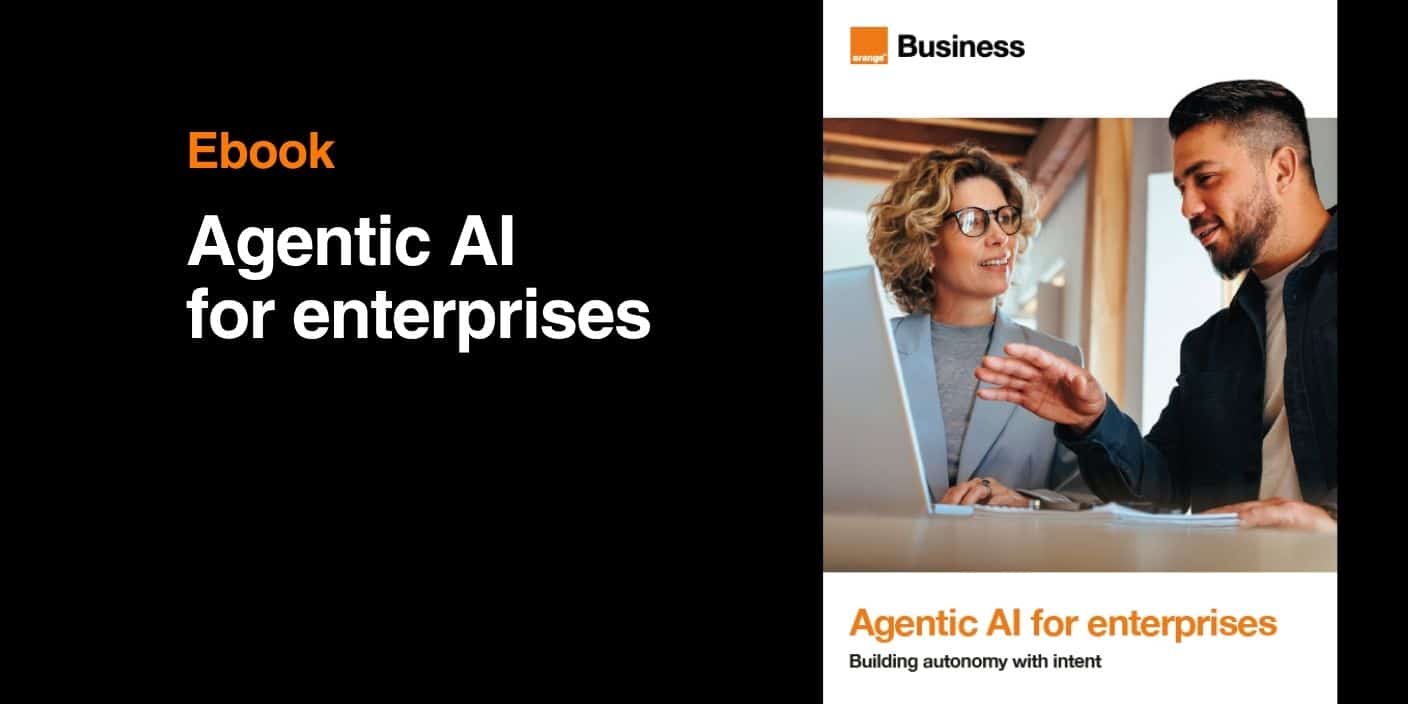In the face of challenges related to data protection, digital sovereignty, and information sharing, the European Union has launched a series of initiatives. Among them are the creation of sectoral data spaces in 15 key areas—such as TEMS for media or CEADS for agriculture—the establishment of norms and standards with Gaia-X, as well as the development of projects related to digital identity in line with the eIDAS v2 regulation. In this article, we will explain these concepts, how they work, their implications, and how they are connected…

Digital Identities: Understanding Key Concepts and Management Systems
See moreData Space: Definition and Challenges
A data space provides a technical, operational, and legal framework designed to facilitate the secure exchange of data and collaboration among different stakeholders within an ecosystem.
For example, the Mobility Data Space allows participants to access shared data in order to develop innovative services, promote sustainable mobility, and optimize the management of transport networks.

A data space is built on several fundamental principles:
1. Data Sovereignty
Each organization or individual retains control over the collection, processing, storage, and dissemination of their data, in line with their own rules, internal policies, and regulatory frameworks. Within a data space, this principle allows for fine-grained consent management—enabling new participants to access data on a case-by-case basis, according to each usage request.
2. Control and Compensation
Data providers retain ownership and control over their resources. They can decide whether to share or monetize their data, fostering broader participation and encouraging innovation.
3. Security and Trust
Data exchanges are safeguarded through mechanisms that guarantee security, confidentiality, and compliance with regulations such as the GDPR.
4. Interoperability
Clear rules for access, identity verification of participants (organizations, employees, partners), and usage policies ensure trust, accountability, and compliance across the ecosystem.
5. Governance and Identity Management
Access rules, identity control of participants (companies, employees, partners), and rules of use and operation ensure trust and data compliance.
Gianfranco Cecconi, Director of Solutions at the International Data Spaces Association (IDSA), compares participation in a data space to joining a tennis club in this LinkedIn article. He explains that, just like in a club, every participant must respect a set of rules (interoperability, governance, security…) to ensure smooth and secure data exchange. Regardless of the club, the rules of tennis remain the same.
In essence, data spaces represent a decentralized model where participants can contribute data while respecting a common set of rules. Yet, their implementation raises important challenges—particularly around governance and establishing trust among actors who may also be competitors. This is precisely where European initiatives such as Gaia-X come in, providing common frameworks and tools that make trusted data sharing across the European Union possible.
TEMS: An Example of a Data Space in the Media Sector
The media industry is facing a wide range of challenges: delivering increasingly personalized content, tackling the spread of disinformation, handling ever more complex data flows, and adapting to the rapid rise of Artificial Intelligence.
To address these shifts, media organizations are realizing the need to manage their data more effectively and to collaborate across the ecosystem. By enabling data to circulate securely, they can maximize its value while ensuring robust protection.
It is in this context that the TEMS project (Trusted European Media Data Space) was launched. Backed by the European Commission, TEMS aims to build a secure, trustworthy, and open data ecosystem for the media sector—accelerating digital transformation and supporting efforts to combat disinformation, among other objectives.
The project brings together 42 organizations from 12 countries—including broadcasters, publishers, news agencies, producers, national audiovisual archives, innovation hubs, standardization bodies, and IT infrastructure companies with proven expertise in designing and operating data spaces, such as Orange Business.
Gaia-X: Standards and Frameworks for Ecosystem Interoperability
Gaia-X is a European initiative, with Orange among its 22 founding members, designed to provide participants with sovereign, secure, and transparent control over their data through a decentralized cloud infrastructure. Its ambition is to strengthen Europe’s digital sovereignty while fostering an economy built on trust, transparency, and collaboration.
With more than 350 members, Gaia-X establishes standards and develops tools that enable all economic stakeholders to create interoperable data spaces.
At the heart of the Gaia-X ecosystem lies the Digital Clearing House (GXDCH)—a cornerstone solution that operationalizes the initiative’s rules and principles. The GXDCH certifies the compliance of services, infrastructures, and participants, while serving as a key enabler for data spaces to manage secure and controlled access to data.
By ensuring alignment with established frameworks and regulations (including GDPR), the GXDCH guarantees compliance, auditability, transparency, and security, all while promoting interoperability and decentralization.
Gaia-X is already being adopted by several data spaces as a trusted reference, reinforcing confidence and reliability within their ecosystems.
The Importance of Decentralized Identity in Data Spaces and Gaia-X?
To ensure trust, security, and compliance, every actor within these ecosystems must be able to reliably prove their identity. This is where decentralized digital identity plays a central role.
Within a data space, it enables control over who can access the data, under what conditions, and ensures that each participant adheres to the established rules.
For example, in a Gaia-X–compliant data space, a new participant must present their identity and compliance information in a standardized format, verified by the GXDCH. Once validated, they receive an unfalsifiable verifiable credential as proof of membership, granting them access to the ecosystem.
Digital identity plays a fundamental role in securing and governing data spaces, enabling the seamless, reliable, and compliant integration of stakeholders within these collaborative ecosystems.
This process of identification and certification is essential to establishing a trusted environment, where each participant can interact securely, confident that their partners are authentic and compliant with European standards.
It also facilitates access management, the traceability of exchanges, and regulatory compliance, particularly with the GDPR.
In summary, digital identity plays a fundamental role in the security and governance of data spaces, enabling the seamless, reliable, and compliant integration of stakeholders within these collaborative ecosystems.
Contributing to the Creation of Trusted and Sovereign Ecosystems
By supporting the establishment of data spaces such as TEMS, and the development of norms and standards with Gaia-X, the European Union is contributing to the creation of trusted and sovereign ecosystems.
Decentralized identity plays a central role within these ecosystems, enabling participants to prove both their identity and their compliance.
Together, these initiatives pave the way for a new era in which data becomes a true driver of European innovation.















Comments (0)
Your email address is only used by Business & Decision, the controller, to process your request and to send any Business & Decision communication related to your request only. Learn more about managing your data and your rights.